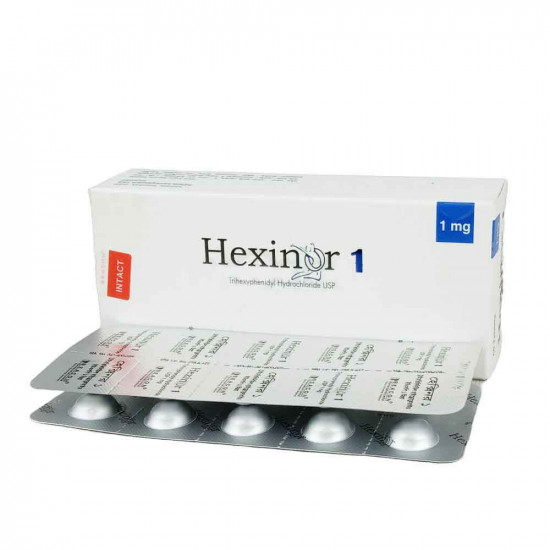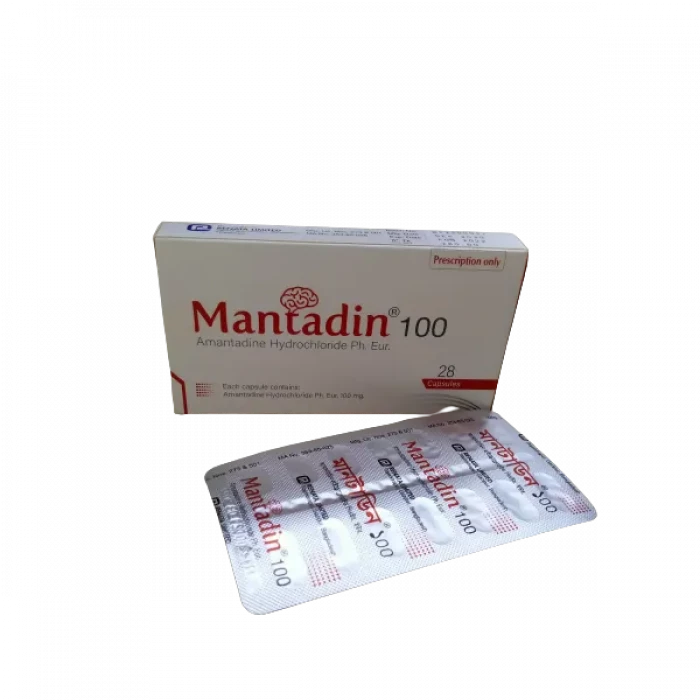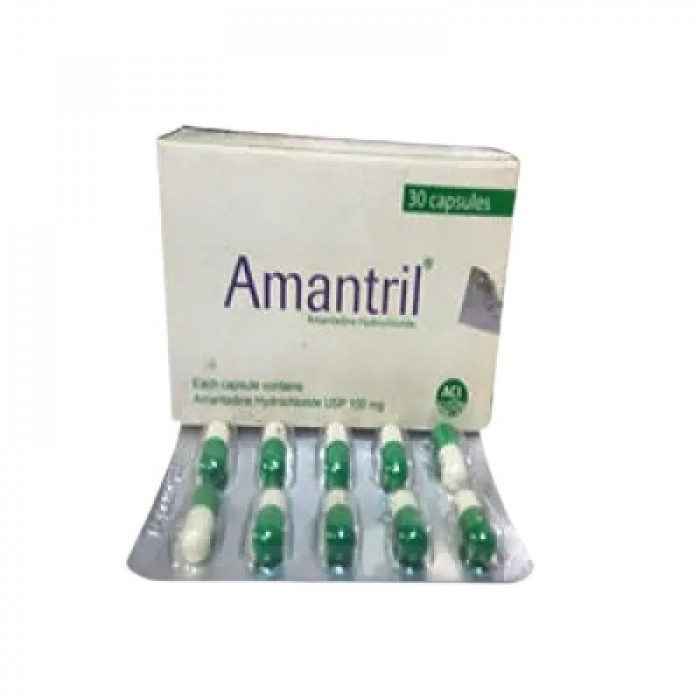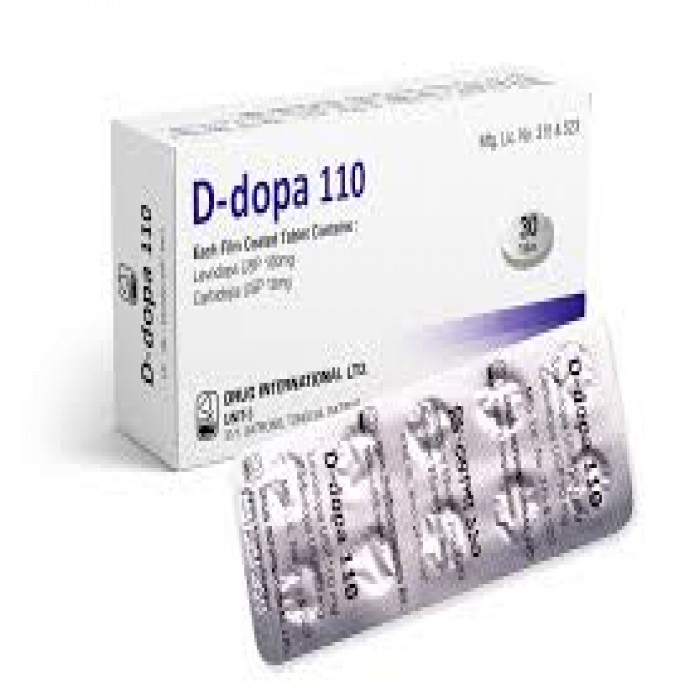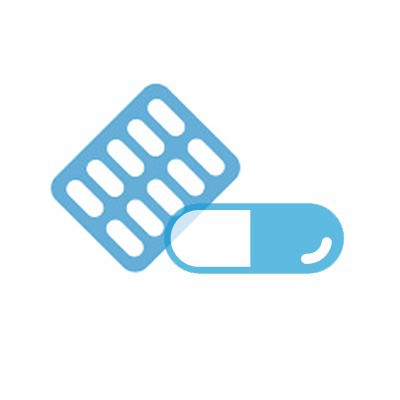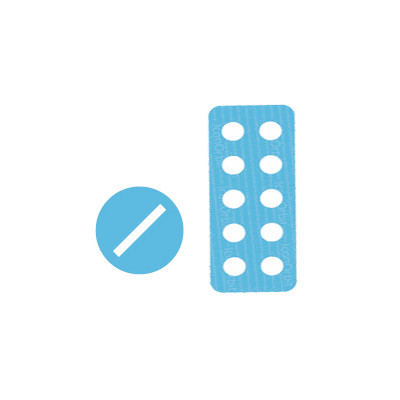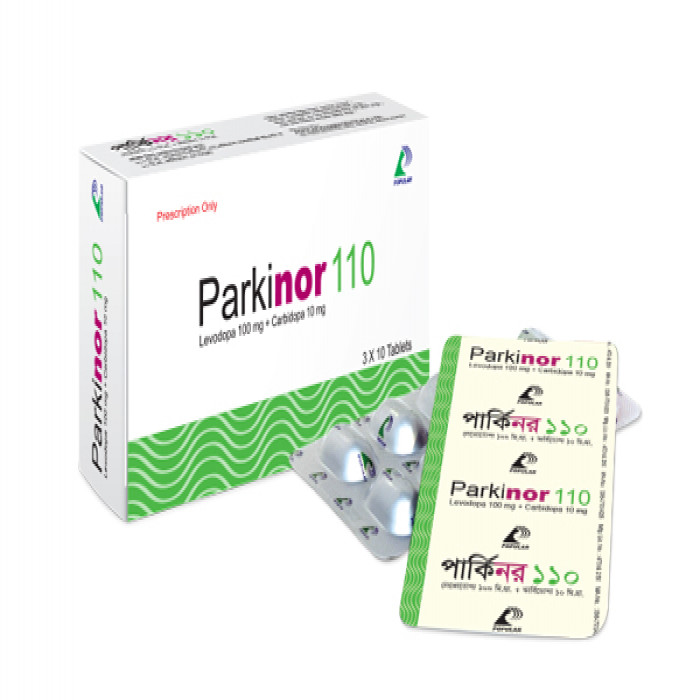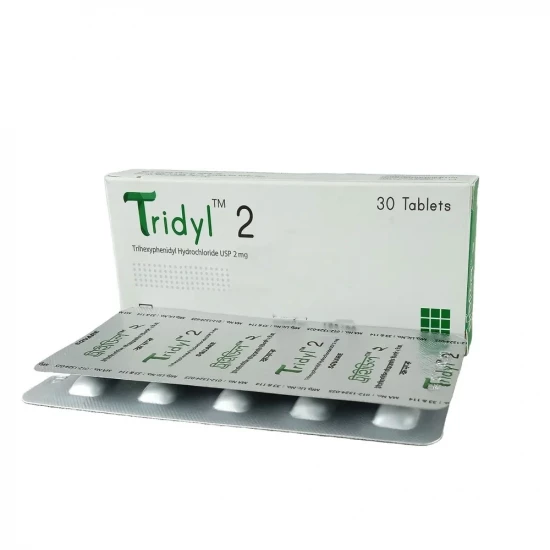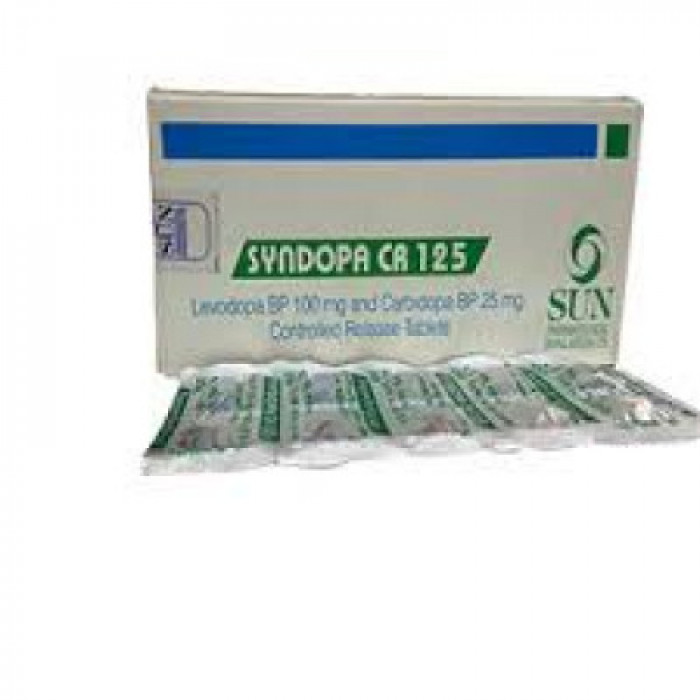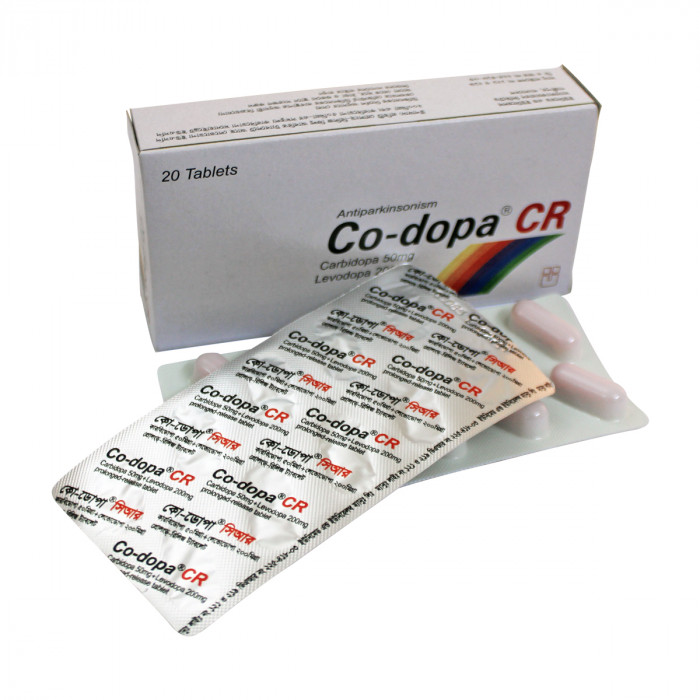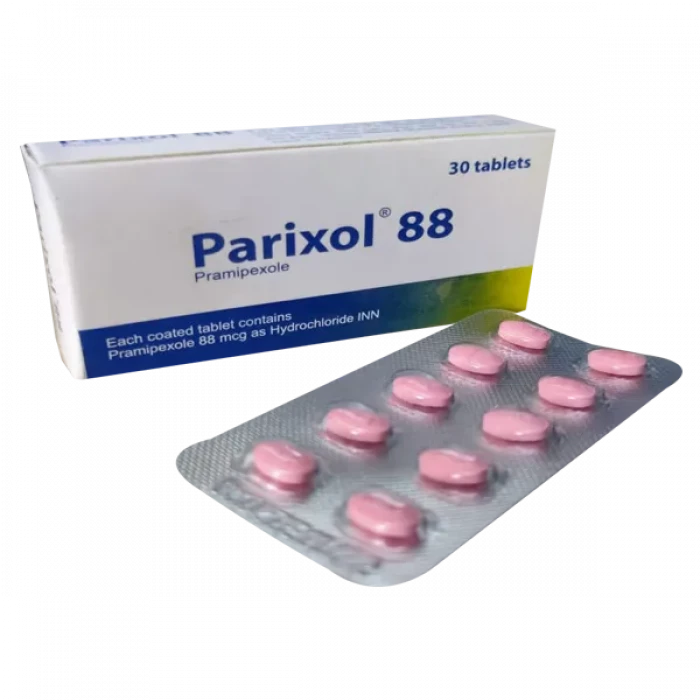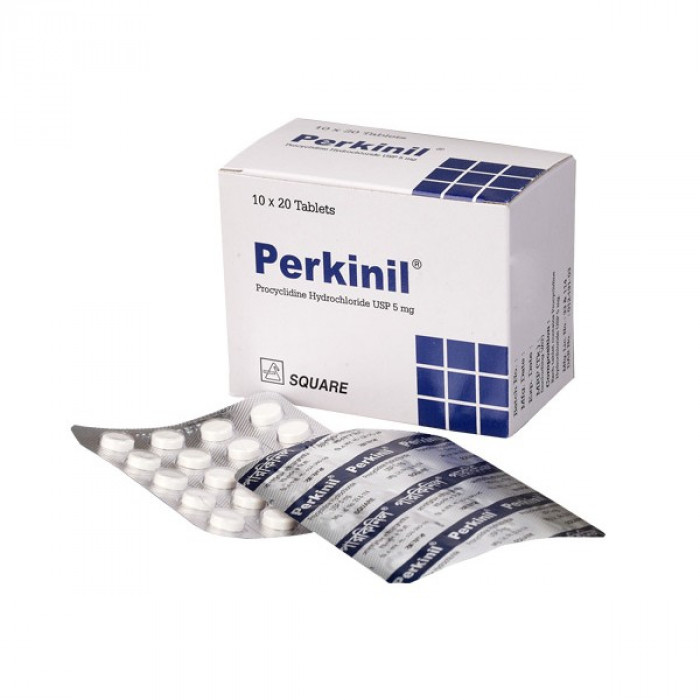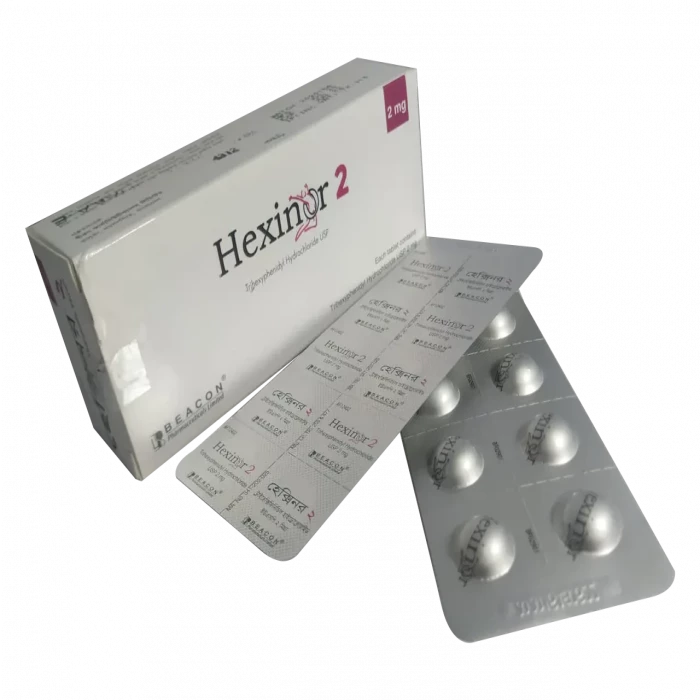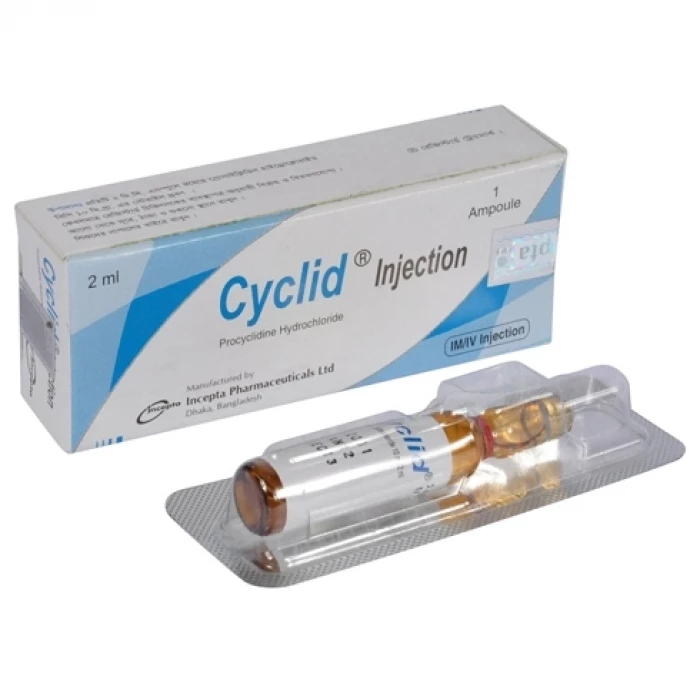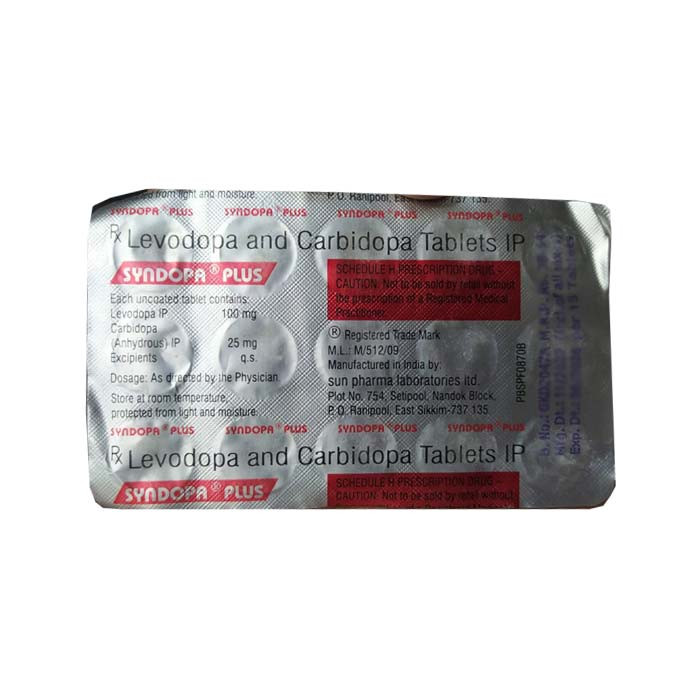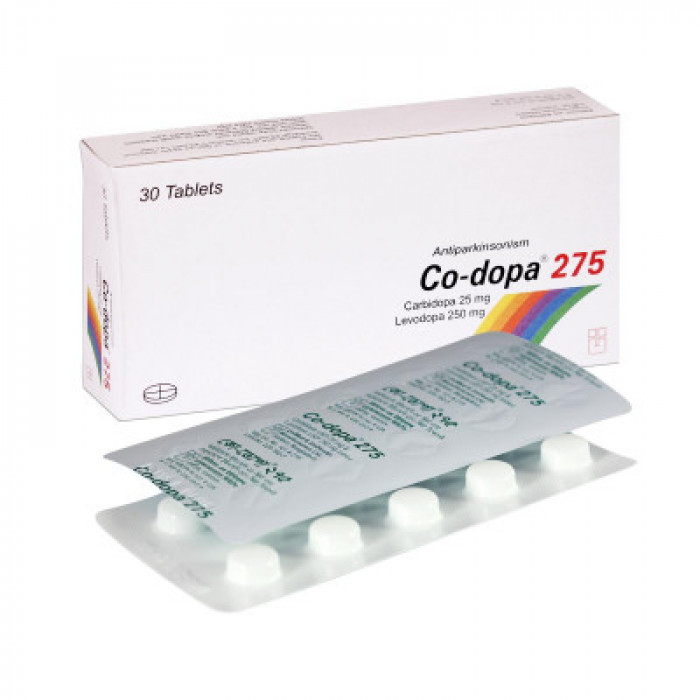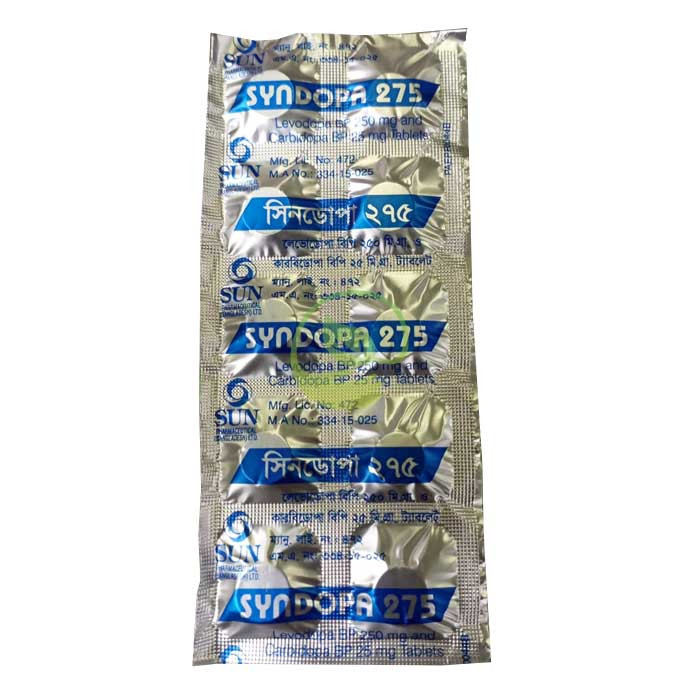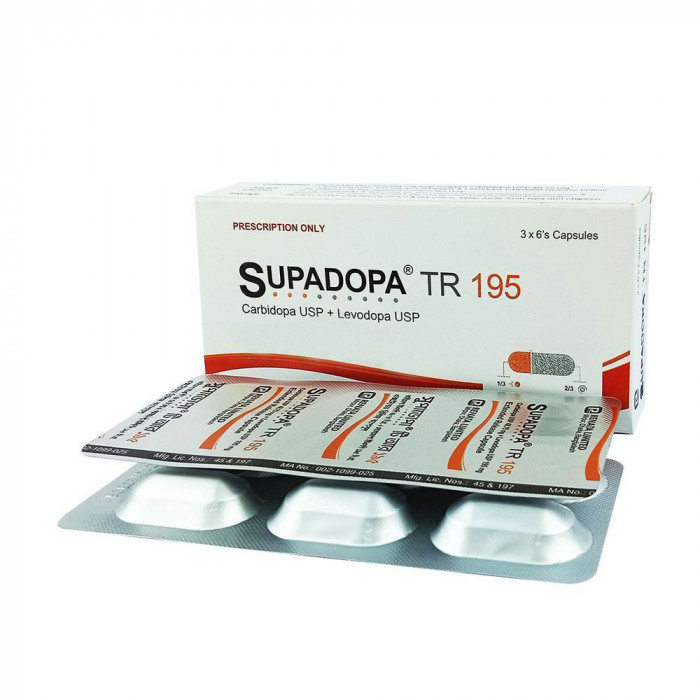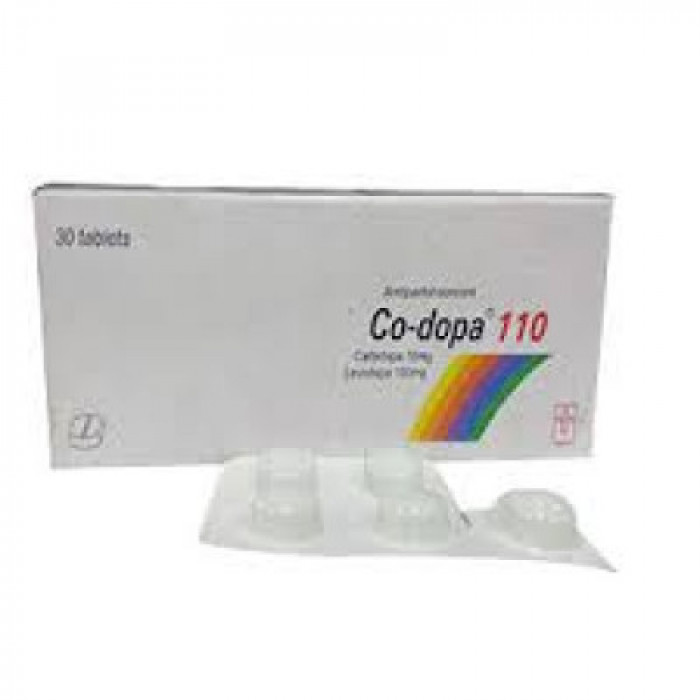
✔ 100% Authentic Product
👁️ Currently Viewing 1753
Co-dopa 110mg 10pcs
Generic Name: Levodopa 100mg + Carbidopa 10mg Manufacturer: UniMed UniHealth Pharmaceuticals Ltd

100% Genuine Products, Guaranteed
Safe & Secure Payments, Always
Fast, Secure & Efficient Delivery
Proper Packaging
 Cash on Delivery - All over Bangladesh
Cash on Delivery - All over Bangladesh Regular Delivery - 12-24 Hours, Dhaka City*
Regular Delivery - 12-24 Hours, Dhaka City* Regular Delivery - 24-48 Hours, All Over Bangladesh*
Regular Delivery - 24-48 Hours, All Over Bangladesh* ফ্রি ডেলিভারিঃ - ৯৯৯ টাকা+ অর্ডারে, ঢাকা
শহরে
ফ্রি ডেলিভারিঃ - ৯৯৯ টাকা+ অর্ডারে, ঢাকা
শহরে ফ্রি ডেলিভারিঃ - ২৯৯৯ টাকা+ অর্ডারে, ঢাকার
বাহিরে
ফ্রি ডেলিভারিঃ - ২৯৯৯ টাকা+ অর্ডারে, ঢাকার
বাহিরে
✅ Description:
Indications
A drug cocktail called Co Dopa 110 is used to treat Parkinson's disease. It is among the best treatments for Parkinson's disease symptoms include tremor, muscle rigidity, and trouble moving. Co Dopa 110 can be consumed without food, although it's best to avoid foods with a lot of protein.
This tablet is used to treat Parkinson's disease and Parkinson's syndrome. It helps to alleviate many of the symptoms of Parkinson's disease, especially rigidity and bradykinesia. Tremor, dysphagia, sialorrhea, and postural instability are common symptoms of Parkinson's disease and syndrome, and this tablet can assist. Prior to physiotherapy, levodopa + carbidopa improves motor recovery after a stroke.
Pharmacology
The combination of levodopa and carbidopa is used to treat Parkinson's disease and Parkinson's-like symptoms that can occur after encephalitis (brain swelling) or a nervous system injury caused by carbon monoxide poisoning or manganese poisoning. Tremors (shaking), stiffness, and slowness of movement are all symptoms of Parkinson's disease, which is caused by a shortage of dopamine, a natural substance found in the brain. Levodopa belongs to a class of drugs known as central nervous system agents. It functions by converting dopamine in the brain. Carbidopa belongs to the class of drugs known as decarboxylase inhibitors. It works by blocking the breakdown of levodopa before it reaches the brain. This enables a lower dose of levodopa to be used, resulting in less nausea and vomiting.
Dosage & Administration
If 100/10 mg tablet is used: Dosage may be initiated with one tablet three or four times a day. Titration upward may be required in some patients to achieve optimum dosage of carbidopa. The dosage may be increased by one tablet every day or every other day until a total of eight tablets (two tablets q.d.s.) is reached.
For patients starting with 250/25 mg tablet: The initial dose is one half taken once or twice daily. However, this may not provide the optimal amount of Carbidopa needed by many patients. If necessary, add one-half every day or every other day until optimal response is reached. The suggested starting dosage for most patients taking more than 1500 mg of Levodopa a day is one tablet of 250/25 mg three or four times a day.
Maintenance dose: Therapy should be individualized and adjusted according to the desired therapeutic response. When more levodopa is requried, 250/25 mg tablet should be substituted at a dosage of one tablet three or four times a day. If necessary, the dosage of 250/25 mg tablet may be increased by half to one tablet every other day to a maximum of eight tablets a day. Experience with a total daily dosage greater than 200 mg Carbidopa is limited.
Interaction
When Carbidopa-Levodopa is introduced to the treatment of a patient on antihypertensive medications, symptomatic postural hypotension occurs. As a result, when CarbidopaLevodopa therapy begins, antihypertensive medication dosage may need to be adjusted. There have been a few reports of side effects from using tricyclic antidepressants and Carbidopa-Levodopa together, including hypertension and dyskinesia. Carbidopa and/or Levodopa bioavailability is reduced when combined with iron sulphate or ferrous gluconate, according to studies. Isoniazid with dopamine-2 receptor antagonists (such as phenothiazines, butyrophenones, and risperidone). Levodopa's therapeutic effects may be reduced. Furthermore, phenytoin and papaverine have been shown to reverse the positive benefits of Levodopa in Parkinson's disease. Patients using these medications in combination with Carbidopa-Levodopa should be monitored closely for signs of therapeutic response loss. Selegiline and Carbidopa-Levodopa therapy together may cause severe orthostatic hypotension that is not caused by Carbidopa-Levodopa alone.
Contraindications
Patients with hypersensitivity to Carbidopa and Levodopa, as well as those with narrow-angle glaucoma, should avoid taking the Carbidopa-Levodopa pill. Carbidopa-Levodopa should not be taken in people with suspected unexplained skin lesions or a history of melanoma because Levodopa can trigger a malignant melanoma.
Side Effects
The central neuropharmacologic activity of dopamine causes side effects that are common in people taking Carbidopa-Levodopa. The effects of these events are usually lessened when the dosage is reduced. Dyskinesias, such as choreiform, dystonic, and other involuntary movements, and nausea are the most common side effects.
Syncope, chest discomfort, and anorexia affect the entire body.
Palpitation, orthostatic consequences such as hypotensive episodes, hypertension, and phlebitis.
Vomiting, gastrointestinal bleeding, duodenal ulcer development, diarrhoea, and black saliva are all symptoms of a gastrointestinal problem.
Leukopenia, haemolytic and non-haemolytic anemia, thrombocytopenia, and agranulocytosis are all haemotologic conditions.
Angioedema, urticaria, pruritus, and Henoch-Schonlein purpura are all symptoms of hypersensitivity.
Dizziness, somnolence, paresthesia, delusions, hallucinations, and paranoid ideation, sadness with or without suicidal ideation, dementia, dream abnormalities, agitation, confusion, and heightened libido are all symptoms of the nervous system.
Dyspnea is a respiratory condition.
Alopecia, rash, and black perspiration on the skin.
Urogenital: urine that is dark in color.
Pregnancy & Lactation
Although the effect of carbidopa and levodopa on human pregnancy is unclear, levodopa and the combination of carbidopa and levodopa have caused rabbit visceral and skeletal malformations. Therefore, the use of carbidopa and levodopa in women of childbearing age requires a balance between the expected benefits of the drug and the potential risks of pregnancy. It is not clear whether carbidopa is excreted in human milk. Since many drugs are excreted from human milk, and because of the possibility of serious adverse reactions in nursing infants, it is necessary to decide whether to stop breastfeeding or stop using carbidopa-levodopa, taking into account the importance of the drug. Mother.
Precautions & Warnings
Carbidopa Levodopa is not recommended for the treatment of extrapyramidal reactions caused by drugs. Patients who are already taking levodopa alone can be given carbidopa and levodopa; however, levodopa should be stopped at least 12 hours before starting carbidopa and levodopa. Patients who were previously treated with levodopa alone may experience dyskinesias because carbidopa allows more levodopa to reach the brain, thereby forming more dopamine. The development of dyskinesia may require dose reduction. All patients should be carefully observed for the development of depression accompanied by suicidal tendencies. Patients with mental illness in the past or present should be treated with caution. Carbidopa and levodopa should be used with caution in patients with severe pulmonary or cardiovascular disease, bronchial asthma, kidney, liver, or endocrine disease, or a history of peptic ulcer or seizures.
Patients with atrial, nodular, or ventricular arrhythmia with a history of myocardial infarction should be treated with caution. In these patients, special care should be taken to monitor cardiac function during initial dosing and titration. Patients with chronic wide-angle glaucoma can use carbidopa and levodopa with caution, as long as the intraocular pressure is well controlled and changes in the patient's intraocular pressure are carefully monitored during treatment.
Storage Conditions
Store in a cool and dry place, protected from light.
⚠️Disclaimer:
At ePharma, we’re committed to providing accurate and accessible health information. However, all content is intended for informational purposes only and should not replace medical advice from a qualified physician. Please consult your healthcare provider for personalized guidance. We aim to support, not substitute, the doctor-patient relationship.




